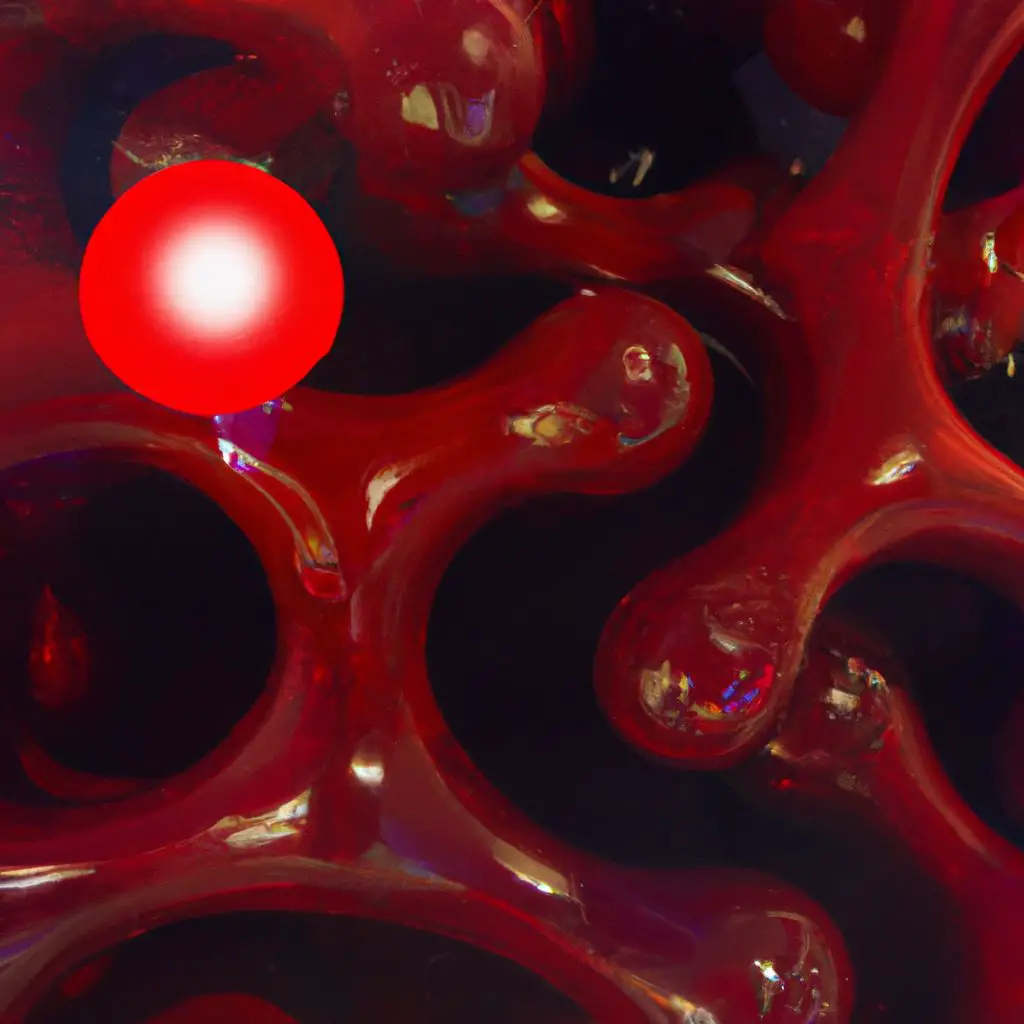.jpg)
Overview of Astaxanthin
Astaxanthin is a super antioxidant that has become famous for its many health benefits. It’s naturally found in some marine creatures and can also be taken as a dietary supplement. When it comes to skin, astaxanthin is known for its powerful anti-aging and protective powers.
Let’s take a closer look:
Origin: Microalgae produce astaxanthin, which is then eaten by marine animals, giving them their bright colours.
Color: Its red pigment is why flamingos and salmon look pink.
Antioxidant: Astaxanthin is an extremely potent antioxidant, even more powerful than vitamin C, beta-carotene, and vitamin E.
Absorption: Unlike other antioxidants, astaxanthin can cross the blood-brain barrier and protect both the brain and nervous system.
Benefits: Enhances skin elasticity, reduces wrinkles, improves moisture retention, and guards against UV exposure.
Other Uses: Astaxanthin also helps with heart health, eye health, joint function, and athletic performance.
The amazing thing about astaxanthin is that it can protect against multiple types of free radicals at once. Plus, it has a higher antioxidant ability than other popular antioxidants like vitamin C or beta-carotene.
To get the most out of astaxanthin, try these tips:
- Select high-quality supplements from reliable sources that use natural microalgae for better absorption and bioavailability.
- Combine astaxanthin with other antioxidants like vitamin E or green tea extract. This combination increases their antioxidant effects.
- Be consistent. Incorporate astaxanthin into your daily routine and give it time to work. Results may differ depending on your age and health.
Follow these suggestions to unlock the superhero potential of your skin with astaxanthin, so you never have to worry about an anti-aging nemesis again! However, always consult with a healthcare professional before beginning a new supplement regime to make sure it’s right for you.
The Power of Astaxanthin for the Skin
Astaxanthin, the mighty super antioxidant, is a must-have for glowing skin. It’s topping the list of researchers and beauty fanatics alike! It can:
- Protect skin cells from free radicals, slowing down signs of aging.
- Improve elasticity and hydration, giving you a more youthful complexion.
- Soothe conditions such as acne, eczema, and rosacea.
- Defend against sunburn and long-term UV damage.
- Boost collagen production, helping reduce fine lines and wrinkles.
Plus, astaxanthin can penetrate both the outer and inner layers of skin, so it works its wonders everywhere! For optimal results, incorporate it into your daily routine. You’ll be asta-unished with the skin-transforming effects!
Application and Use of Astaxanthin for Skin Care
Astaxanthin is a potent antioxidant that offers many benefits for skin health. Its use in skin care is gaining recognition for its effectiveness in improving the appearance and health of the skin.
Let’s explore some key aspects of astaxanthin for skin care.
Benefits of Astaxanthin for Skin Care:
- Reduces wrinkles and fine lines.
- Enhances skin elasticity.
- Keeps skin hydrated.
- Protects against sun damage.
- Reduces inflammation.
Astaxanthin is great for anti-aging as it works by neutralizing free radicals and stopping collagen damage, leading to smoother and younger-looking skin. Also, it aids in the production of elastin and collagen fibers, keeping skin firm and preventing it from drooping.
Plus, it helps to keep skin hydrated and supple by strengthening the barrier function and preventing water loss. Furthermore, it serves as a natural sunscreen, shielding skin from UV rays. Studies have also found that astaxanthin has strong anti-inflammatory properties, which can help treat acne, rosacea, and eczema.
A study conducted by the Department of Dermatology at Seoul National University College of Medicine showed that astaxanthin can improve skin elasticity and reduce wrinkles.
Although astaxanthin is beneficial for skin care, don’t forget to put on sunscreen.
Safety and Potential Side Effects
The safety of astaxanthin and its potential side effects are vital for anyone using it. Here’s what to know:
- Generally, astaxanthin is safe when taken in the right amounts. It has been approved as a dietary supplement.
- Yet, it may cause side effects in some people. These could include stomach irritation, diarrhea, or changes in bowel movements.
- Rarely, it can cause allergic reactions in sensitive individuals. If you have a rash, itching, or difficulty breathing after taking astaxanthin, stop use and consult a doctor.
- Astaxanthin may interact with certain medicines. So, talk to your healthcare provider before taking it if you are taking any medications or have any pre-existing medical conditions.
- Research suggests astaxanthin is safe. However, more studies must be done to understand its long-term effects and interactions with other substances.
It’s also worth mentioning that astaxanthin was first discovered in marine organisms like algae and krill. Scientists studied its potential benefits for human health and developed its antioxidant properties for various uses beyond skincare.
Conclusion and Recommendations: Before you search for an astaxanthin superhero suit, remember to add this powerful antioxidant to your beauty routine. Then you’ll have a skin that outshines your future!
Conclusion and Recommendations
Wrapping up our astaxanthin talk, it’s obvious this super antioxidant can help promote healthy skin. We suggest adding astaxanthin to your skincare routine. It neutralizes free radicals, reduces oxidative stress, and has anti-inflammatory properties. Plus, it boosts skin elasticity and hydration, making skin look younger.
Plus, it offers protection from UV rays. A 2011 study showed astaxanthin taken orally provided significant photoprotection. To get these benefits, try skincare products with astaxanthin or consider taking a supplement. But talk to a healthcare professional before starting any new supplement.

Leave a Reply